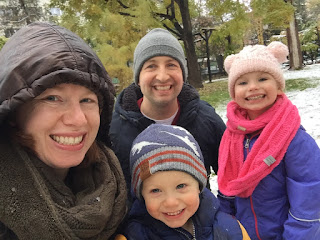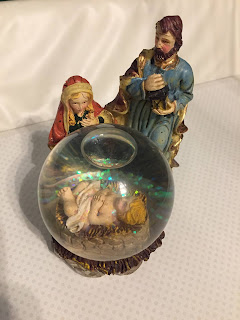Cameron here.
A commercial that always comes on in between Youtube videos on our Smart TV begins, “2020. The year of the virus.” Only after these ominous words are the five seconds over and I am able to skip the ad.
I do, of course, wish things could be different. I wish Sara could return to in-person preschool. I wish I could have graduated in-person and taken my family to Disneyland. I wish we could have visited family in the US for Christmas. The “year of the virus” took those things from us.
Yet instead of finishing the year with such solemnity, I decided to list some highlights.
Personal:
- Probably my best year for daily Bible reading
- More and more confident in our parenting
- Both Sara and Noah are happy and developing well
- Seeing Jessica thrive as a math teacher for Bucharest Christian Academy
Ministry:
- Romanian language speaking progressed considerably
- Bible study (in Romanian) each week since lockdowns over WhatsApp Video
- The couple I do the Bible study with came to Christ!
- Finding I can actually teach my seminary classes via Zoom
- Another family on track to join us with IMB in Bucharest in June
- Preached several times this year (mostly on Zoom)
Academic:
- Graduated with my PhD in May
- Presented at a (virtual) missiology conference
- Two books which will (Lord willing) be published in 2021 – one I authored, one I edited
- Four published book reviews
- Asked to join two task forces with the International Orality Network: Next Gen and Theological Education






